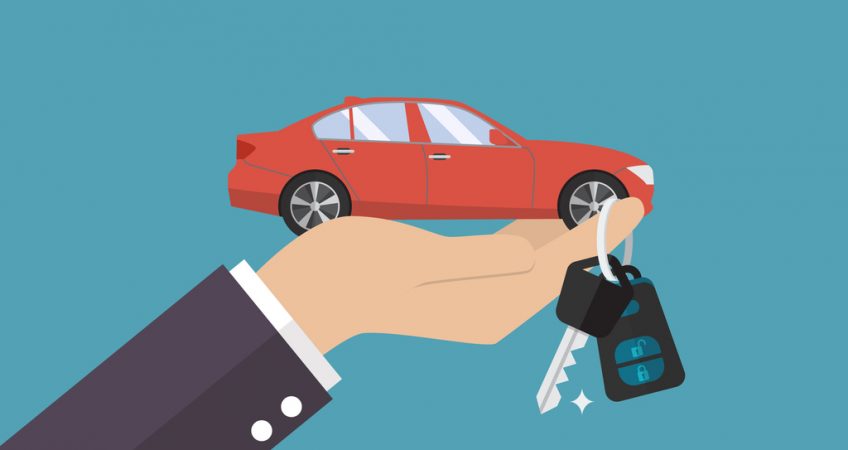
What is the most tax efficient way to lease a car? via your limited company or personally?
Our clients often come to us and ask: what is the best option for leasing a car?
There are two roads to take – lease the car personally or lease it via your limited company. Each option has its own set of benefits and drawbacks. Ultimately, the answer really depends on your own individual circumstances and preferences.
Let’s take a look…
Leasing through a Limited Company
The Good...
Reclaim VAT on lease payments – handy if you are VAT registered and extra handy if there’s no private use of the vehicle so you can reclaim 100% of the VAT. If private use does occur, you can only reclaim 50% of the VAT
Lease payments are tax deductible for corporation tax – each monthly instalment saves the company 19% in corporation tax. Subject to three conditions – Co2 < 110 g/km, payments are evenly spread over the lease period & lease cannot have clauses that allow the company to eventually own the car
Better deals – there are often better deals for leases taken out in the name of a company
The Bad…
Company car tax – this can be a big roadblock! If there is an element of private use, you have to pay company car tax. The amount of tax you pay depends on the P11D value of the car (aka the list or ‘windscreen’ price of the car plus any shiny extras you may have chosen, the Co2 emissions & your personal tax bracket). If you’re reading this and are thinking about electric cars having low emissions, then you are on the right track.
Example: I love the Mercedes C63s. It has a list price of £83,000 and Co2 emissions of 250 g/km. If I was to lease one via my limited company – with it being available for private use, my car benefit would be as follows:
P11D value £81,895 (£83,300 less Vehicle Excise Duty) x 37% (based on co2 emissions) = benefit in kind value of £33,301. This would be taxed at my marginal rate of tax, so at 20% I would pay £6,660 in income tax and at 40% I would pay £13,320. If I did 10,000 private miles annually, this is 67p and £1.33 per private mile. I’d have to weigh this up and see if this was worthwhile.
I am also a fan of Tesla cars. A brand-new Model S has a P11D value of £83,925 (similar to the C63 above) but interestingly enough – the benefit in kind value in 2021/22 is £839 which will incur £168 in income tax @ 20% and £336 @ 40%.
Personal Lease
The Good...
No company car tax – see above
Charge your company mileage for business journeys – HMRC allows you to claim mileage expenses from your company at rates of 45p for the first 10,000 miles, 25p thereafter and also 4p a mile if you have a qualifying passenger with you
Get yourself a brand-new car every few years – who would say no to this?
Road tax is usually covered with personal leasing
MOT – may not be needed due to the age of the car
The Bad...
VAT will need to be paid in full – which means 20% will need to be added onto your monthly lease costs
No tax deductible expenses other than mileage expenses – mileage expenses will be the only tax deductible expense which, in addition to not being able to reclaim the VAT, might not be your preference
Conclusion:
The ultimate choice of how to lease a car will depend on your individual circumstances and preferences.
As a general rule, if you want an economical car with low emissions, leasing a car through your limited company could be the better option with regards to tax.
Personal leasing will be more tax efficient for someone who wants a petrol or diesel car with high emissions and a high P11D value.
In each case above you won’t own the vehicle – this may or may not be an issue for you. We know that a lot of younger business owners have moved away from traditional ownership models for various reasons. Contracts that do involve ownership have a different set of rules.
For discursive purposes only. Not to be considered as advice. Please get in touch for advice that will be tailored to your circumstances.
